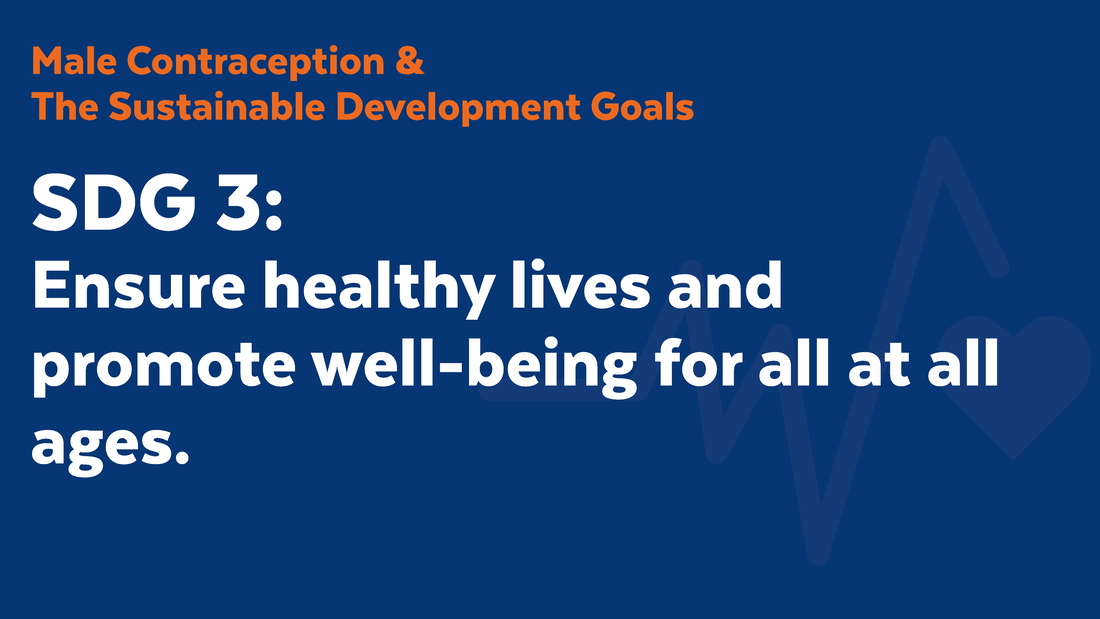|
Ensuring healthy lives for all means focusing on how needs vary across populations and life stages. Contraception directly and positively impacts many health indicators, including reducing infant and maternal mortality and improving the health of children. Contraceptive use to delay and space births results in improved maternal and child health outcomes. For adults, the most common cause of unintended pregnancy (84%, globally) is unmet need for contraception. The risk of health impacts is even greater for adolescents, particularly those in Least Developed Countries (LDCs), where nearly 1/4 of young women reported giving birth before the age of 18. However, the involvement of men in reproductive health and family planning has been shown to improve understanding of health and wellbeing in their partners. In addition, paternal involvement is greater in cases of intended pregnancy and associated with better health outcomes for children, improved gender outcomes, and greater understanding of the health and wellbeing of their partners. Sexual health is inextricably connected to general health and well-being, and the opportunity to improve general health with increased contraceptive options and access is undeniable. Multiple studies have shown that the existing contraceptive method mix is inadequate, with 190 million women still reporting an unmet need for contraception. Given that men currently only have two methods of contraception available to them (i.e., condoms and vasectomy), this is a particularly salient opportunity to improve everyone’s well-being. That is why it’s so important to invest in new male contraceptives. Sources/References:
- “Global, regional, and subregional trends in unintended pregnancy and its outcomes from 1990 to 2014: estimates from a Bayesian hierarchical model” by Jonathan Bearak, Anna Popinchalk, Leontine Alkema, and Gilda Sedgh - U.S. Department of Health and Human Service’s “Family Planning Annual Report 2019” - “National Needs of Family Planning Among US Men Aged 15 to 44 Years” by Arik V. Marcell, Susannah E. Gibbs, Ifta Choiriyyah, Freya L. Sonenstein, Nan M. Astone, Joseph H. Pleck, and Jacinda K. Dariotis - Guttmacher Institute’s “Unintended pregnancies among women with unmet need for modern contraception, 2017” - Downey, D. B. (1995). When bigger is not better: Family size, parental resources, and children's educational performance. American Sociological Review, 60(5), 746–761. https://doi.org/10.2307/2096320 Comments are closed.
|
Categories
All
Archives
June 2024
|
|
|
Donate to Male Contraceptive InitiativeYour generous donation makes a difference!
|
© Male Contraceptive Initiative. All rights reserved.


 RSS Feed
RSS Feed
